19 killed as violence erupts in Nepal over social media ban; home minister resigns
- EP News Service
- Sep 08, 2025
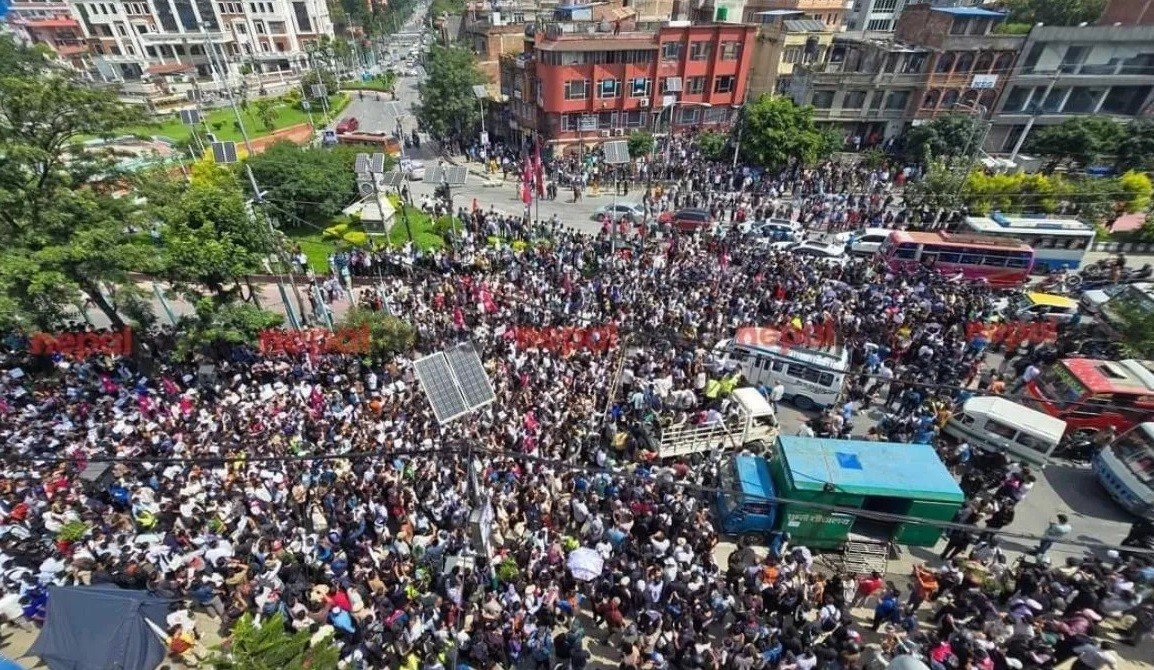
Demonstrators at Nepal’s federal parliament building in New Baneshwor
NEW DELHI: Nepal’s capital and several other cities were rocked by violent protests on Monday, resulting in the deaths of at least 19 people and over 300 injuries, as thousands of predominantly young demonstrators, under the banner of "Gen Z," clashed with security forces over a controversial government ban on 26 social media platforms, including Facebook, Instagram, WhatsApp, YouTube, and X.
The unrest, fueled by widespread anger over the ban and allegations of government corruption, marked the deadliest day of protests in Nepal since the 2006 movement that toppled the monarchy.
The protests erupted after the government, citing unregistered platforms and issues like hate speech and fraud, blocked access to major social media sites on September 4. Demonstrators, waving national flags and singing the national anthem, gathered in front of the Parliament in Kathmandu, demanding the immediate revocation of the ban.
The situation escalated when protesters breached restricted zones and entered the Parliament complex, prompting police to respond with tear gas, water cannons, batons, and live ammunition. According to Nepal Police spokesperson Binod Ghimire, 17 deaths occurred in Kathmandu, with two additional fatalities reported in Itahari, Sunsari district. Hospitals reported dozens of protesters in critical condition, with emergency wards overwhelmed.
In response to the escalating violence, authorities imposed curfews in Kathmandu, Butwal, Bhairahawa, and other affected areas, restricting movement around key government sites, including the Prime Minister’s residence in Baluwatar and the President’s residence in Shital Niwas. The Nepalese Army was deployed to control the situation, particularly around the Parliament complex in New Baneshwor.
Amid mounting political pressure, Home Minister Ramesh Lekhak, a member of the Nepali Congress party in Prime Minister K.P. Sharma Oli’s coalition government, resigned on moral grounds during an emergency cabinet meeting at the Prime Minister’s residence in Baluwatar.
Lekhak, who had been appointed on July 15, 2024, cited the significant loss of life as his reason for stepping down, stating, “I have to take moral responsibility for the deaths during today’s protests.” His resignation followed calls from Nepali Congress leaders Gagan Thapa and Bishwa Prakash Sharma for accountability.
The United Nations and various rights groups have called for a prompt and transparent investigation into the killings, while media organisations have raised concerns about the social media ban and draft legislation that could further restrict freedom of expression. The protests, which have spread to cities like Pokhara, Bharatpur, and Damak, reflect growing frustration among Nepal’s youth over governance issues, corruption, and authoritarian measures.
As the nation grapples with the aftermath, questions remain about whether the government will reconsider the social media ban and address the protesters’ demands for reform. For now, curfews remain in place, and tensions continue to simmer across the country.



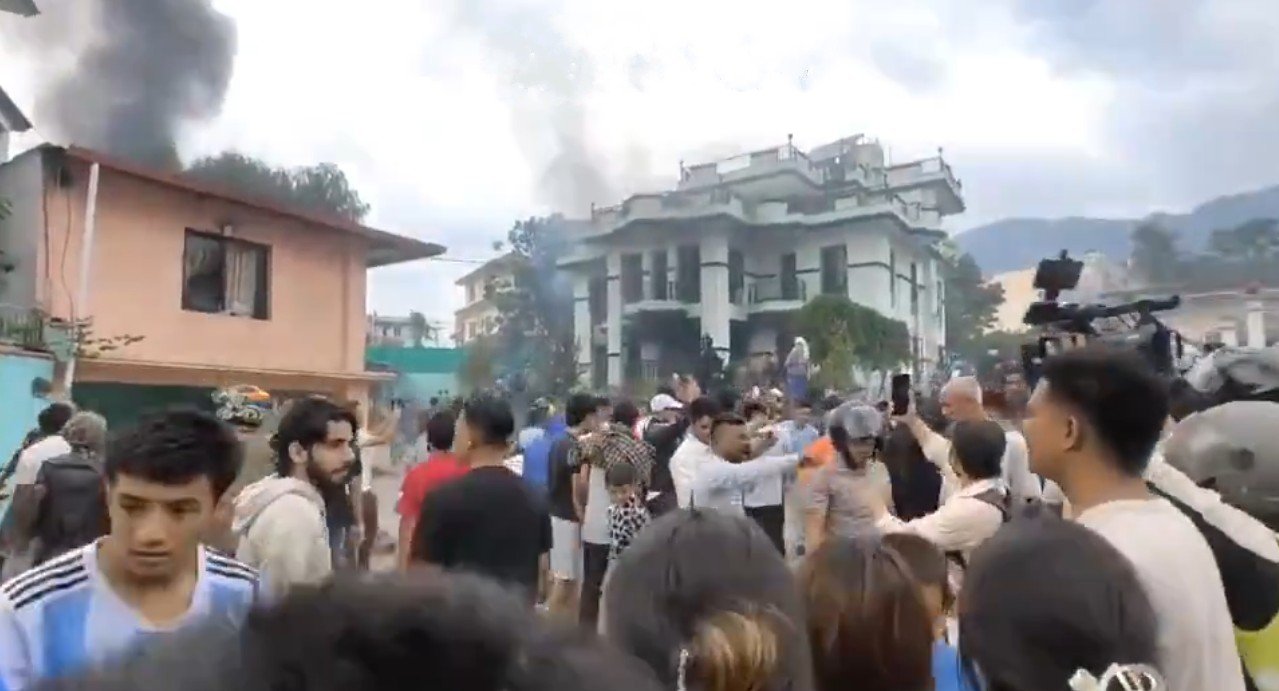
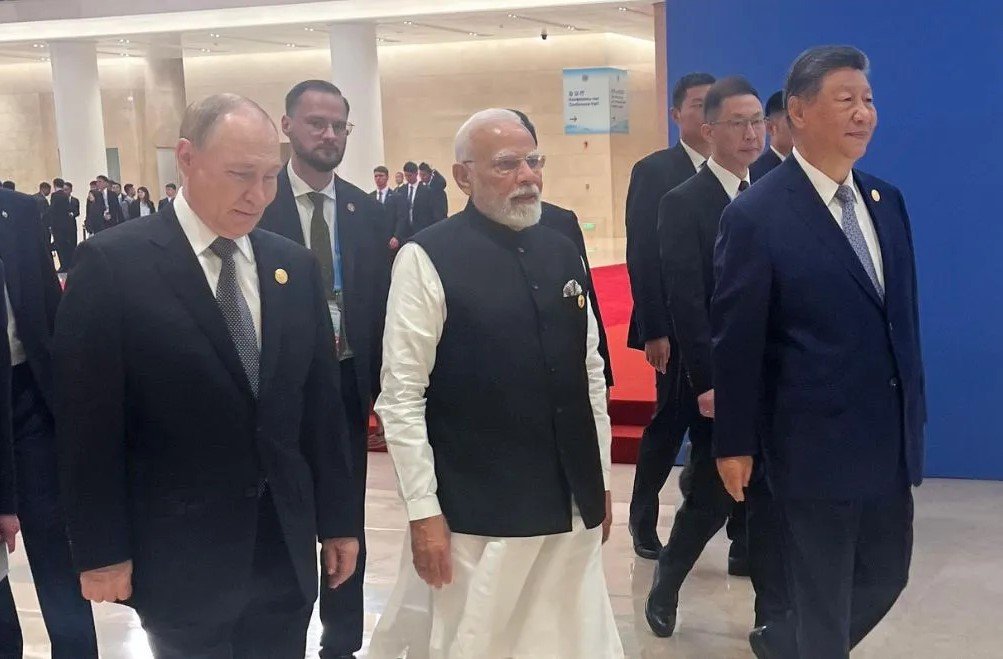
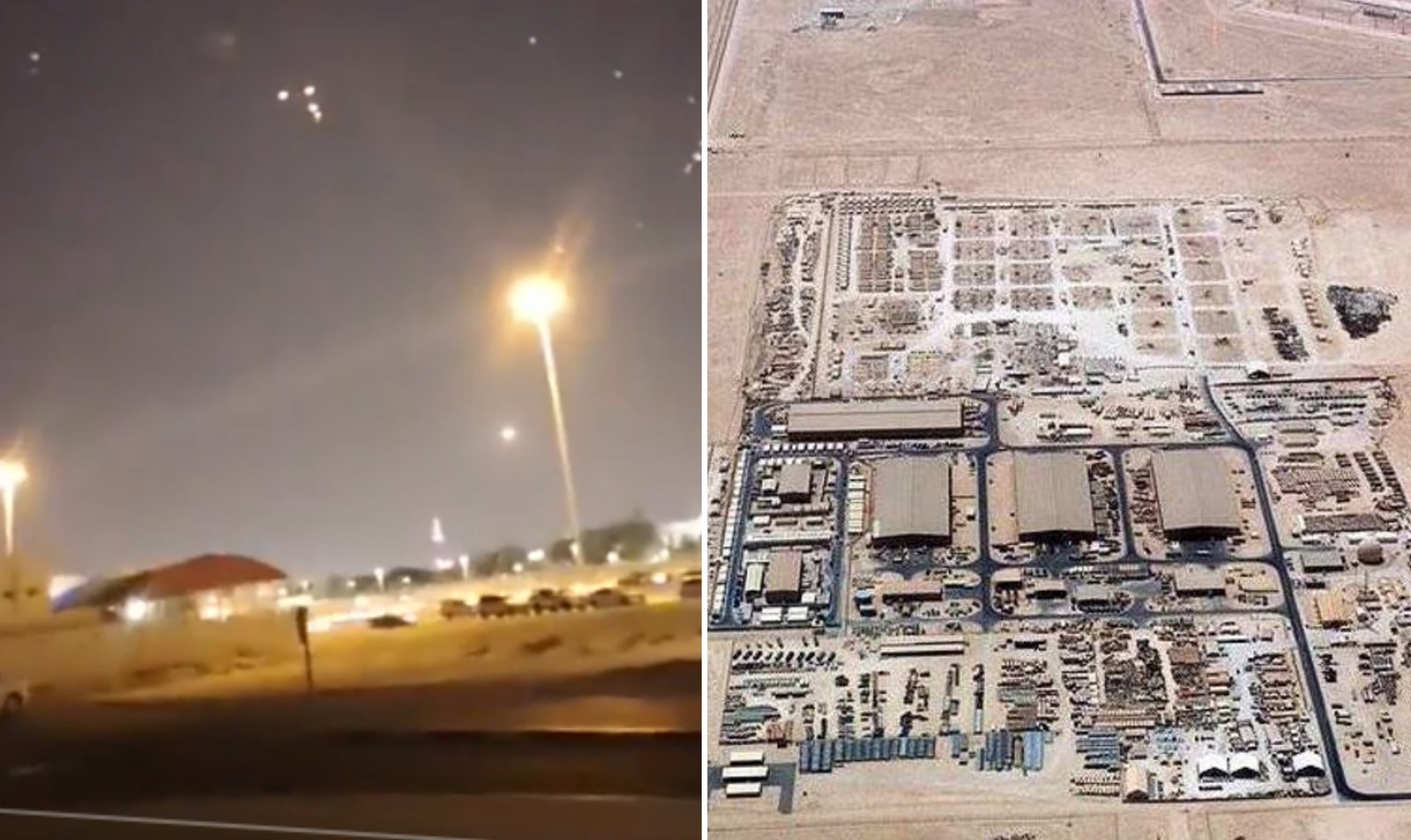
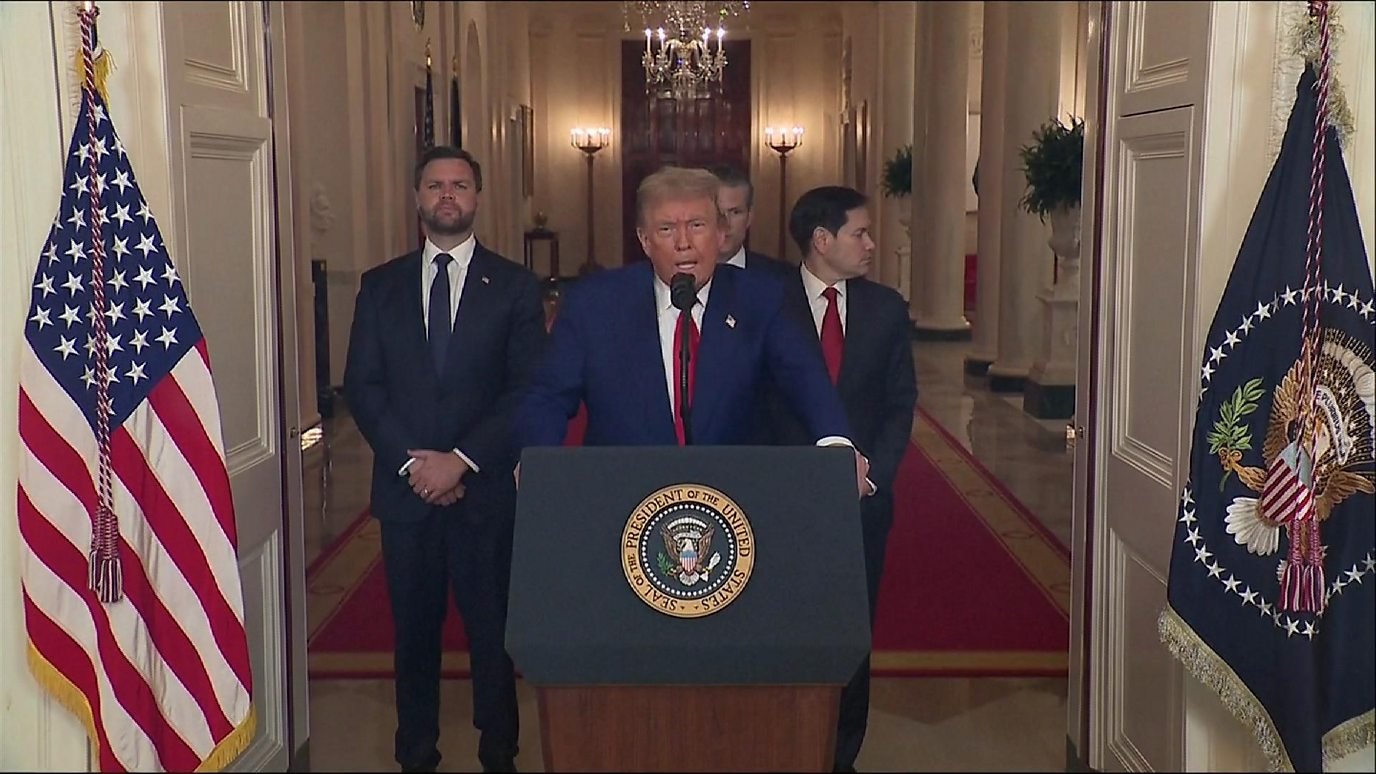
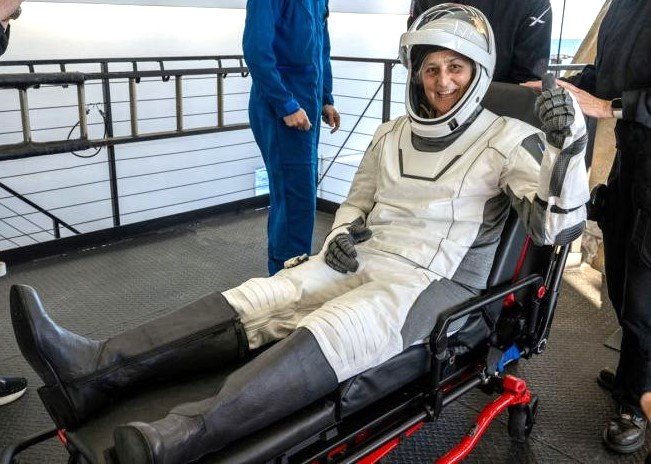

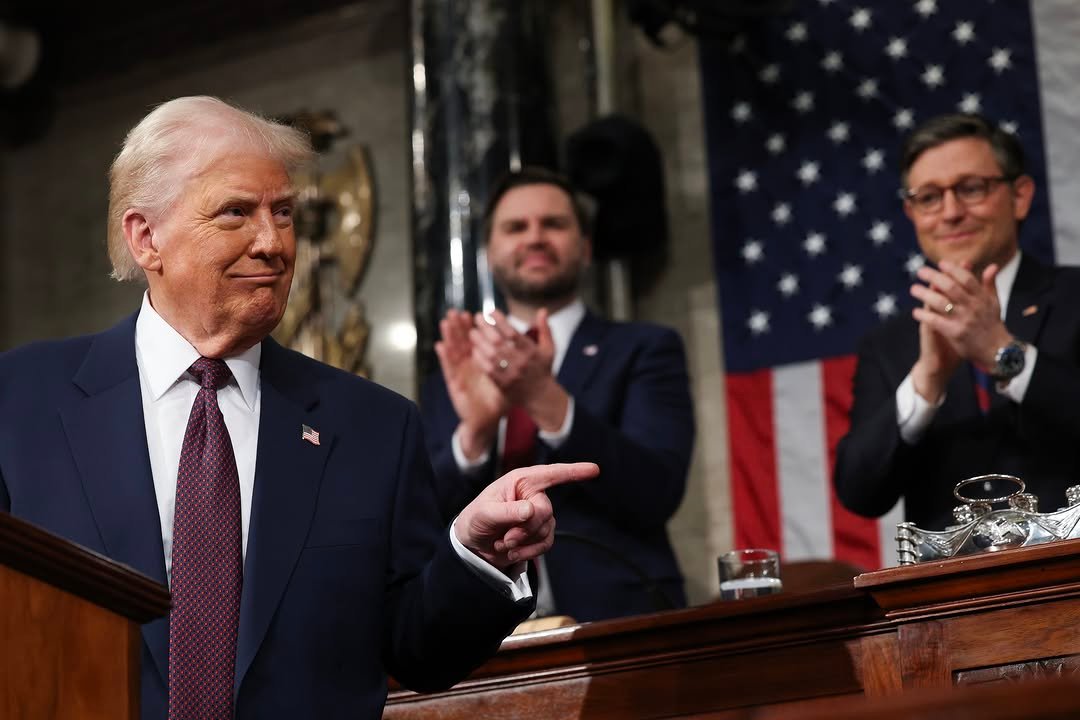
Reporter
Crisp, and to the point news coverage from India and around the world.
View Reporter News